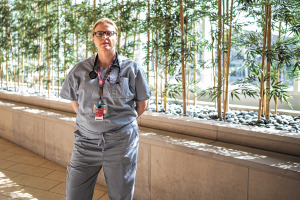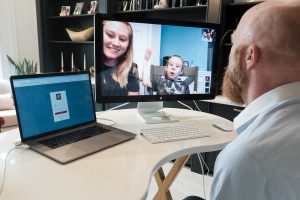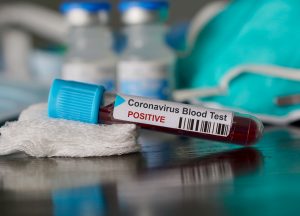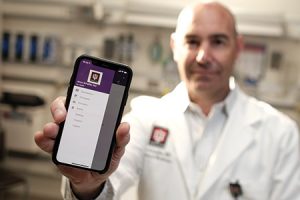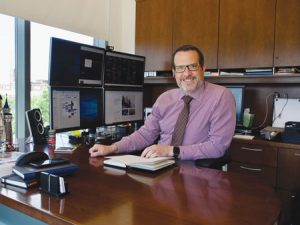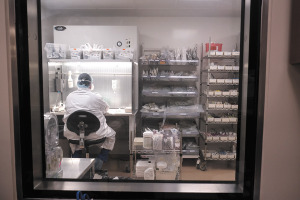
Battle over where to purchase specialty drugs hits Indiana
Health care practitioners and insurers are fighting over the hefty prices hospitals charge for specialty drugs to treat patients with cancer, vision loss, low white-blood-cell count and other serious diseases.


